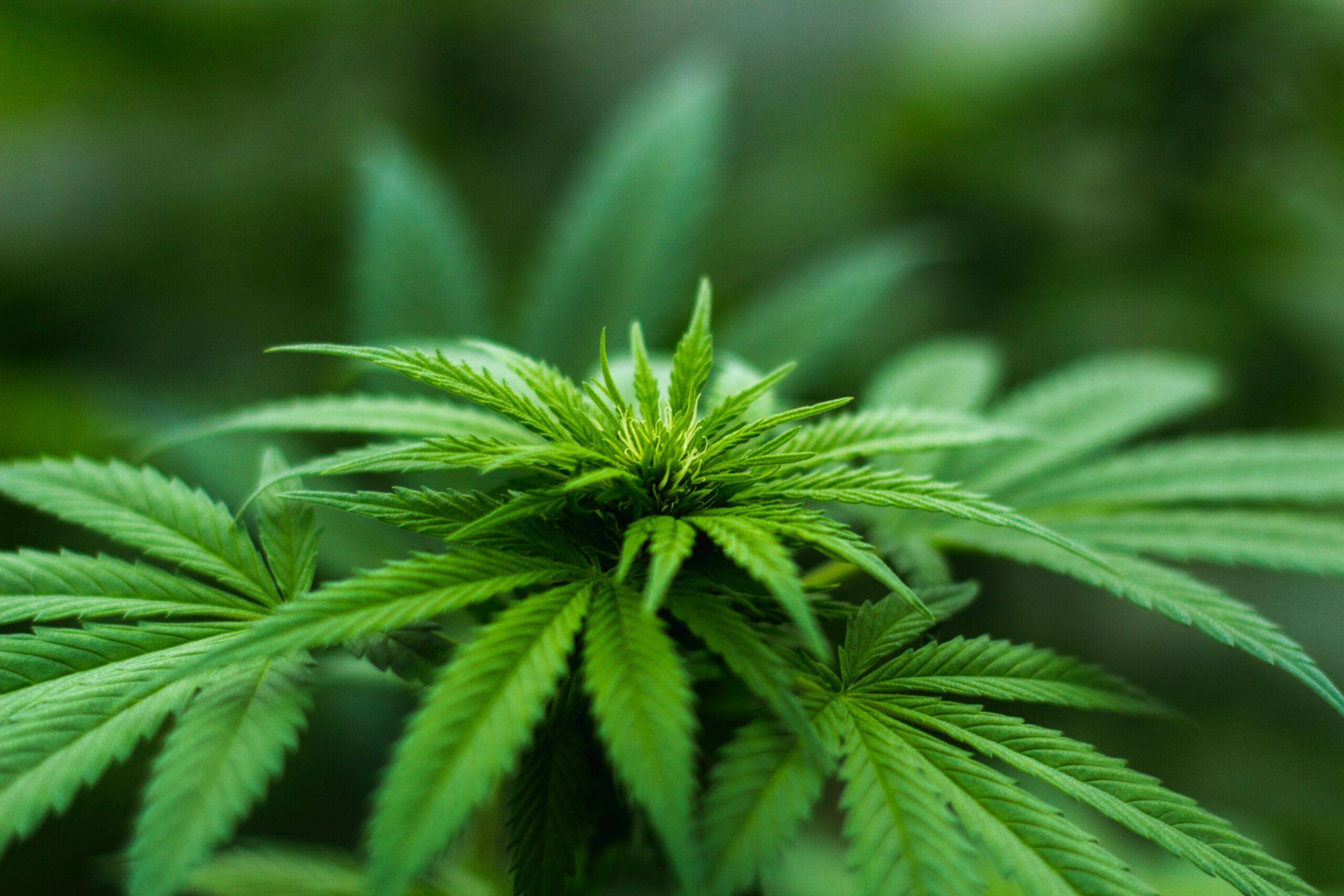Cannabis has long been a topic of intrigue and debate, especially when it comes to its potential impact on mental health. With shifting attitudes and changing legal landscapes, it’s more important than ever to take a closer look at the relationship between cannabis use and mental well-being. According to cannabis news, understanding the facts and separating truth from fiction can help us make informed decisions on how cannabis can be used to support mental health.
In this article, we’ll embark on a journey to separate fact from fiction when it comes to cannabis and mental health.
Setting the Stage: The Hype and the Hesitation
From claims of cannabis as a miracle cure for mental health issues to concerns about its potential risks, the discourse around cannabis and mental health is often passionate and polarized. But as with any complex topic, the reality is nuanced and requires a balanced perspective.
In most cases, cannabis is not a “miracle cure” for mental health issues. But there is strong evidence to suggest that it can be beneficial in certain cases. Looking at the other side of the argument, it is important to note that there is also evidence linking cannabis use to negative mental health outcomes.
The Science Behind It All: What We Know
Scientific research is a powerful tool for dispelling myths and illuminating truths. Various studies have explored the potential effects of cannabis on mental health, and here’s what we’ve learned:
- Anxiety and Stress: While some individuals report using cannabis to manage anxiety and stress, there’s a catch. For some, it might provide temporary relief, but for others, it can actually exacerbate feelings of anxiety and paranoia.
- Depression: The relationship between cannabis and depression is intricate. Some studies suggest a potential link between heavy cannabis use and an increased risk of depression, especially in those with a predisposition to the condition.
- Psychosis and Schizophrenia: This is where the caution flag is raised. Scientific evidence indicates that heavy and early cannabis use might contribute to an increased risk of developing psychosis or schizophrenia, particularly in individuals who are already vulnerable due to genetics or other factors.
- Cannabis and Mood: The effects of cannabis on mood can vary widely. While some people experience euphoria and relaxation, others might feel irritable or moody, particularly during the “come down” phase.
Individual Variability: One Size Does Not Fit All
Here’s a crucial point: the impact of cannabis on mental health is highly individual. Factors like genetics, frequency of use, dosage, and an individual’s existing mental health status all play a role in determining how cannabis will affect them.
The Road to Responsible Use
Navigating the landscape of cannabis and mental health requires thoughtful consideration. Here are some tips for responsible cannabis use, especially if you’re concerned about its impact on mental well-being:
- Know Your Limits: If you choose to consume cannabis, start with a low dose to gauge how it affects you. This is particularly important for those with a history of mental health issues.
- Mindful Consumption: Pay attention to your body and mind when consuming cannabis. If you notice negative changes in your mood or mental state, consider altering your use or seeking professional advice.
- Open Conversations: If you’re using cannabis and experiencing mental health challenges, don’t hesitate to discuss it with a healthcare professional. They can provide tailored guidance based on your circumstances.
In Conclusion
Cannabis and mental health are not simple topics with easy answers. While some claims about the miraculous or disastrous effects of cannabis on mental well-being might be exaggerated, it’s essential to approach its use with awareness, responsibility, and an understanding of your individual needs. Science is evolving, and as we learn more, it’s crucial to stay informed and make choices that prioritize your mental and emotional health above all else.
